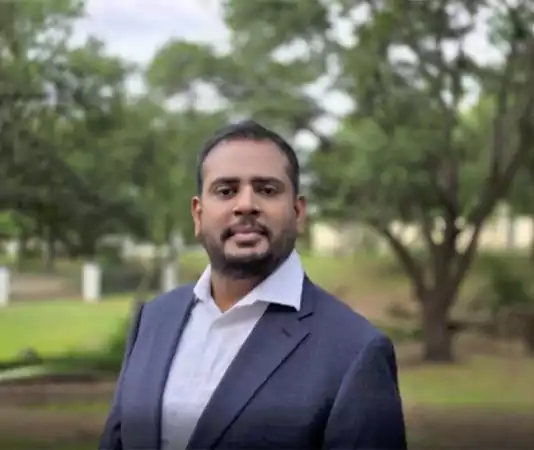Beyond the Horizon: Ankit Gupta’s Vision for Next-Gen Cybersecurity

With the rapid pace of digital transformation, more AI models are making decisions, and quantum computing is nearing its realization, cybersecurity has assumed unheard-of prominence. It ceases to be a mere protection and grows into innovation in a safe, responsible, and scalable way. The enlightening interview with Ankit Gupta, a Dallas-based expert in cybersecurity and AI governance with over 14 years of experience, interweaves cloud security, AI ethics, and resilience from a post-quantum perspective. It casts light on the evolving challenges and opportunities; chaos engineering in the cloud-native architectures, responsible AI governance, and preparing for cryptographic disruptions caused by the quantum era.
Ankit brings to the table a strategic, pragmatic view bolstered by a deep technical background and commercial awareness. As he runs his own blog, SecureAzCloud and is active in security conversations across the globe states, modern cybersecurity is not just about protecting things; it is an avenue to innovate in a safe, responsible, and scalable way. (Source: Techbullion)
Ankit Gupta- A Brief Introduction to the Cybersecurity Expert
Ankit works on cybersecurity and AI governance, specializing in Dallas, Texas. Having over 14 years of experience in building security programs in the protection of some of the most sensitive sectors of the economy. Particularly in finance, he designs secure cloud-native environments, establishes AI governance frameworks, and aligns cybersecurity in complex, high-stake environments with business objectives.
The center of gravity in his career has been securing systems too complex to halt, highly interconnected to separate, and too essential to fail. He leads enterprise cloud security architecture and is responsible for AI integration initiatives, ensuring compliance, resiliency, and long-term risk management.
Besides his efforts in the companies he works for, he engages in the broader cybersecurity community. He publishes practical articles on SecureAzCloud, offering worldwide security teams tools, scripts, and other resources. He develops content for industry certifications, judges international cybersecurity awards, and reviews technical publications, establishing him as an acknowledged expert.
Working on the premise that cybersecurity ceases to be just a technical issue but indeed stands as a great strategic opportunity to pursue national resilience and innovation. He is ever committed to nurturing a safer, brighter, and more secure digital future for his organization, his industry, and his nation, whether that means mentoring budding talent, developing widely adopted frameworks, or facilitating regulatory convergence through AI governance.
What Motivated Ankit to Choose the Advancement of Cloud Security and AI Governance, Especially?
Just as many in cybersecurity, the journey started with curiosity: what is wrong with systems and, more importantly, how should they be built to resist evolving threats? Very early into career decisions, they felt that just running security tools was not enough: a secure system must be designed from scratch. This whole motivation set these people in motion, and they took the lead in cloud transformation engagements in highly regulated environments, designing resilient architectures according to Zero Trust and NIST 800-53 criteria.
With the proliferation of cloud technologies, they saw a huge window of opportunity and an ever-growing risk gap. While organizations rushed to embrace the cloud at face value, security measures were often reactive or, at best, an afterthought. It was at this point in time that they went full force into the domain of cloud security architecture, helping organizations do security by design, scale with confidence, and fulfil increasing demands of industry compliance and sovereignty.
Their interest in AI transitioned from a technical investigation to strategic governance. As AI started to make choices, automate processes, and be used as a front for cyberattacks, it became evident that new security models needed to be put in place. The firms have since been working on AI governance frameworks, while also participating in industry panels on responsible AI and sharing insights about protecting AI pipelines against adversarial threats. They work to guarantee that trust, privacy, and accountability are not sacrificed along with the speed of innovation.
Now their work is really at the convergence of cloud security, AI governance, and regulatory resilience, an intersection that is fast becoming a matter of national interest in the United States. While securing healthcare data, financial systems, or public sector operations, they feel cybersecurity really must go beyond protecting and begin facilitating transformation. This truly inspires them to keep contributing through architecture, advocacy, and thought leadership.